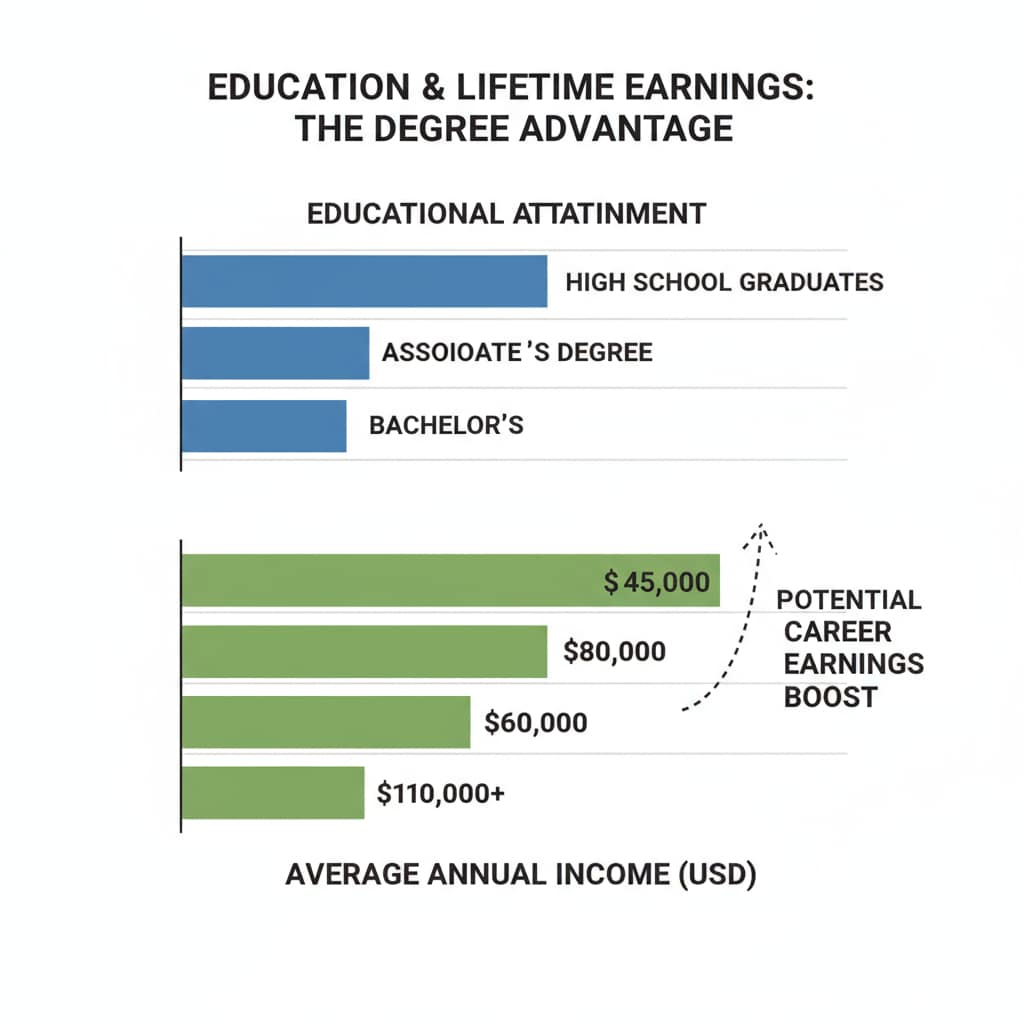Career development, educational requirements, and educational choices are crucial aspects for individuals who didn’t finish their college degrees. In today’s competitive job market, the lack of a complete college education can present challenges. However, there are ways to overcome these obstacles and build a successful career.

The Impact of Uncompleted College Degrees on Career Development
Not having a completed college degree can limit career opportunities. Many companies have a minimum educational requirement of a bachelor’s degree for certain positions. For example, in corporate settings, managerial and specialized roles often demand a full college education. According to Bureau of Labor Statistics on Occupation Outlook Handbook, jobs in fields like finance, engineering, and information technology typically require a degree. This means that without one, individuals may be excluded from these higher-paying and more prestigious positions.

Understanding the Real Educational Requirements in the Job Market
While a college degree is often preferred, the job market is evolving. Many employers are now more focused on skills and experience. Soft skills such as communication, teamwork, and problem-solving are highly valued. Technical skills like coding, digital marketing, and project management are also in demand. As a result, individuals with practical skills and relevant experience can still find good job opportunities even without a complete degree. Indeed’s Skills-Based Hiring Guide highlights the growing trend of employers looking beyond degrees.
There are also industries that are more flexible with educational requirements. The trades, for instance, often prioritize hands-on training and certifications over a traditional college degree. Jobs in construction, plumbing, and electrical work can offer stable incomes and career progression.
Readability guidance: The paragraphs above use short sentences and clear explanations. Transition words like “however”, “for example”, and “as a result” are used to enhance the flow. The information is presented in a straightforward manner to make it easy to understand.


